Ofsted Reports
We have a rigorous structure of self-evaluation, to ensure we are forensically monitoring the impact of our work. This is monitored by Governors (who are supported in their work by the National Governors Association), the Local Authority and we also are reviewed annually as part of our membership of Challenge Partners.
Please see below for our latest Ofsted reports.
Parent Views
An important aspect of each Ofsted inspection is gathering the views of parents and carers through a Parent View survey. Please take some time to complete our schools’ survey.
School Improvement Plans and Further Information
At Frederick Bremer School, high quality self-evaluation is at the heart of School Improvement. We have a rigorous evaluation schedule, which enables leaders to have a forensic understanding of the school and inform our priorities for the forthcoming year.
Our School Improvement Priorities are continuing to build on our priorities of the last 2 years, and are as follows.
The school’s core strategic objectives for the 2022-23 academic year are that we:
- Engage our pupils intellectual curiosity through a rich and stimulating curriculum within and beyond lessons (enrichment, trips, home learning) (What we learn)
- Ensure that pupils to develop more resilience and stamina in their learning techniques through embedding the key principles of the learning scientist model from Year 7 (How we learn)
- Develop our marking and feedback strategies to enable our pupils to make responsive and rapid progress (How we know we are learning)
Our immediate priority, which underpins all of our objectives, is to further develop our school culture to ensure that developing positive relationships is at the heart of our school culture. This underpins all of our work – from how we respond to behaviour, to dealing with pupil SEMH issues (social, emotional, mental health), staff relationships etc.
At the heart of our school culture is creating the conditions to support our young people to become the ‘people that they want to be’.
This means that:
- We must know our pupils as individuals
- We seek consent not conformity
- Learning is conditional; we must pay as much attention to the how we learn and not just the what we learn
- We are kind, and we model expected behaviours at all times
- We have a restorative behaviour management policy
- No silent corridors or classrooms
- High challenge, low threat
- We recognise that we are all ‘humans first, professionals second’
